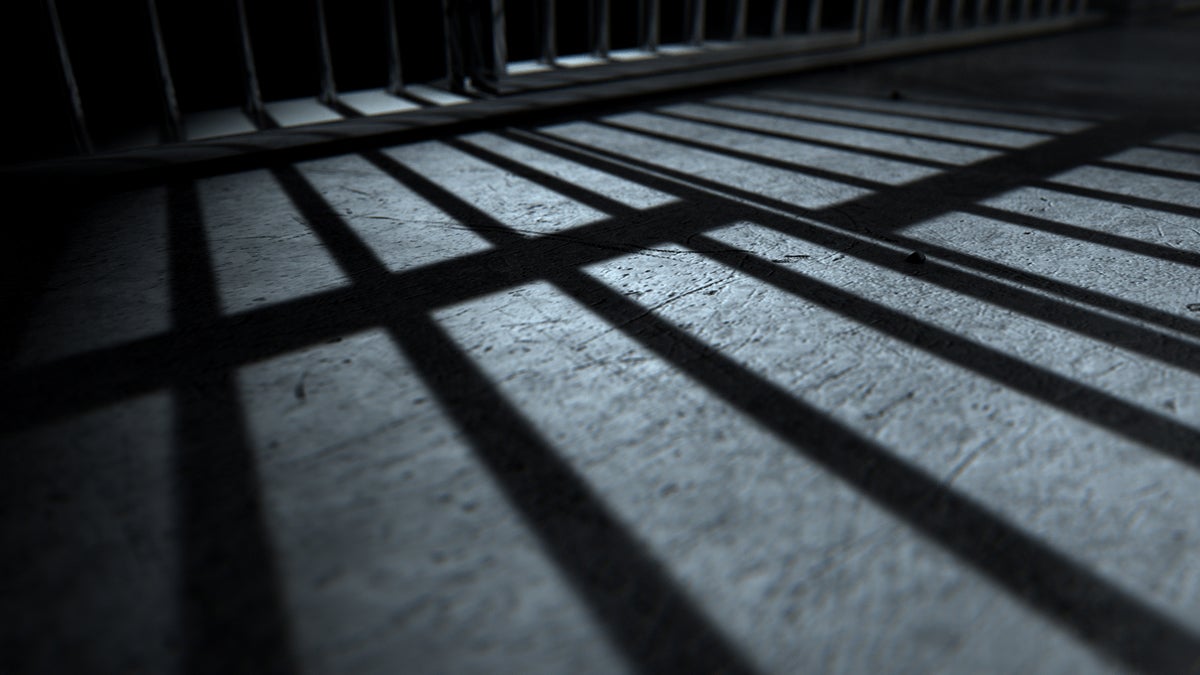Delaware ending prisoner isolation, improving mental health care as part of settlement

(Inked Pixels/Bigstock)
About 100,000 inmates are held in solitary confinement throughout the United States.
But settlement of a federal lawsuit by the Community Legal Aid Society against the Delaware Department of Corrections will put a dent in that number, as the First State becomes the latest to reform mental health care in prisons and end the use of isolation.
Delaware’s use of solitary confinement was cruel and unusual punishment, said Dan Atkins, the legal aid society’s executive director. The governor-appointed advocacy group also pointed out that the practice caused more problems than it solved.
“There were individuals in solitary who had a mental illness,” said Atkins. “And then there were reports of people that were put in solitary confinement without a mental illness, and, during the course of their time being left in solitary, they had become mentally ill.”
As part of the settlement, Delaware guaranteed 17.5 hours a week of unstructured recreation to inmates who were previously in solitary confinement for up to three days at a time. To reflect this change, the program is now called “restrictive housing.”
In light of the fact that a quarter of Delaware’s inmates are estimated to be dealing with some kind of mental illness, the agreement includes training for staff on mental health and better access to therapy and job training for inmates. It also includes plans to update how Delaware tracks people with mental illness.
DOC Commissioner Robert Coupe said the agreement will improve the chances of successful re-entry into society. The state Legislature and governor’s office is now working to appropriate funds to support the changes.
Kathleen MacRae, director of the ACLU in Delaware, said the settlement is the latest indication of reform over the past five years.
“There definitely is a national trend,” said MacRae. “Not only Pennsylvania, but Massachusetts, New York, Colorado, Indiana, Arizona, and Wisconsin have all seen major reforms to the way that they hold prisoners in solitary, and we’re really pleased that Delaware is the latest addition to that list.”
The legal challenges gain traction because evidence attests to the negative effects of isolation and incarceration costs much more than community-based care models, according to the ACLU.
President Barack Obama also issued an executive order condemning the practice last year.
Delaware, like the rest of the country, experienced a prison boom in the 1980s and ’90s — and that infrastructure supported isolation.
So even if evidence is on its side, said the ACLU’s MacRae, it takes new thinking to implement different protocols.
“We built the James T. Vaughn Correctional Center with 300 solitary confinement cells,” said MacRae. “I think Commissioner Coupe has been very forward looking and we really commend him because his participation in these settlement negotiations was a big reason we were able to achieve so much success.”
WHYY is your source for fact-based, in-depth journalism and information. As a nonprofit organization, we rely on financial support from readers like you. Please give today.




